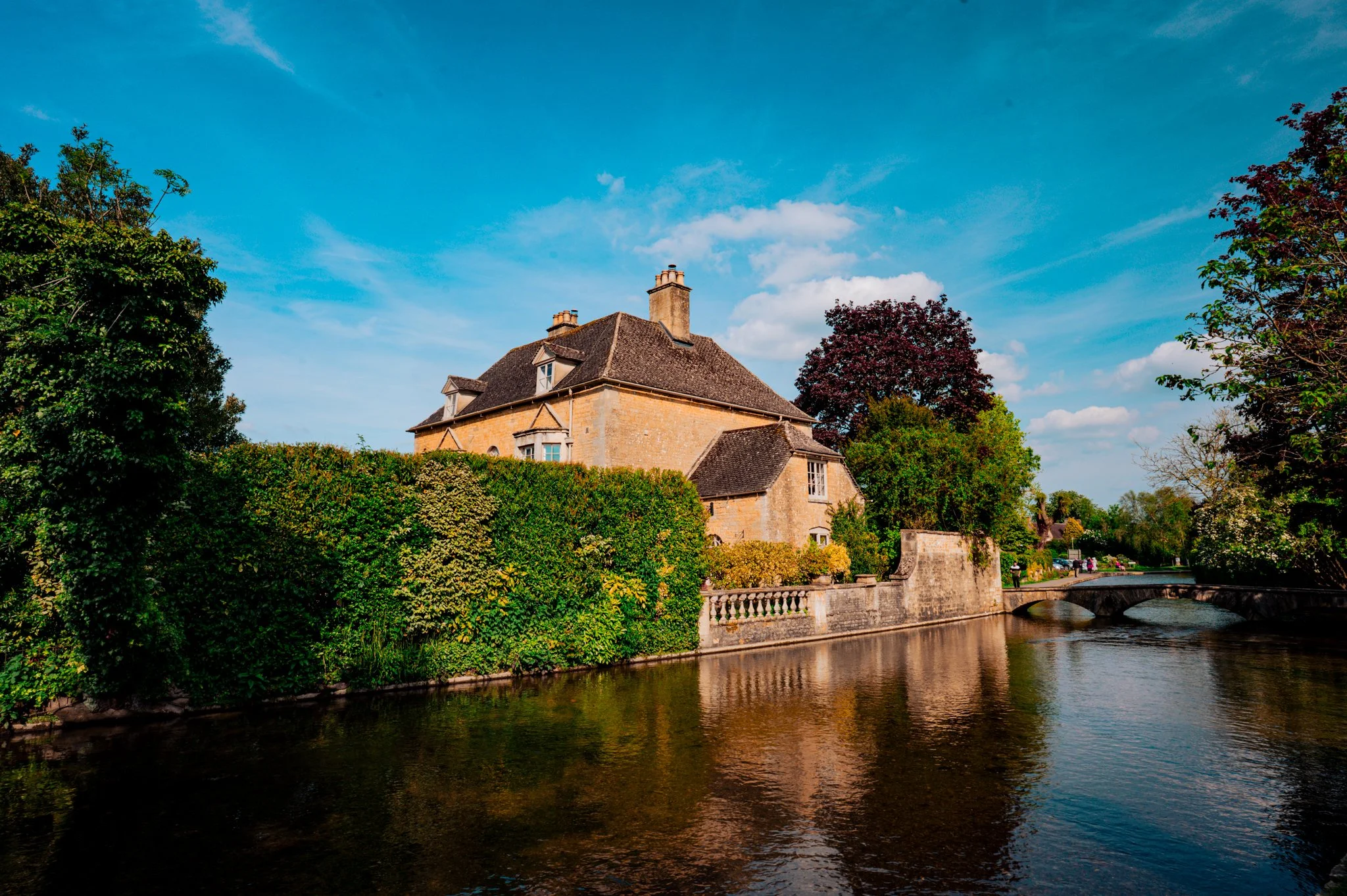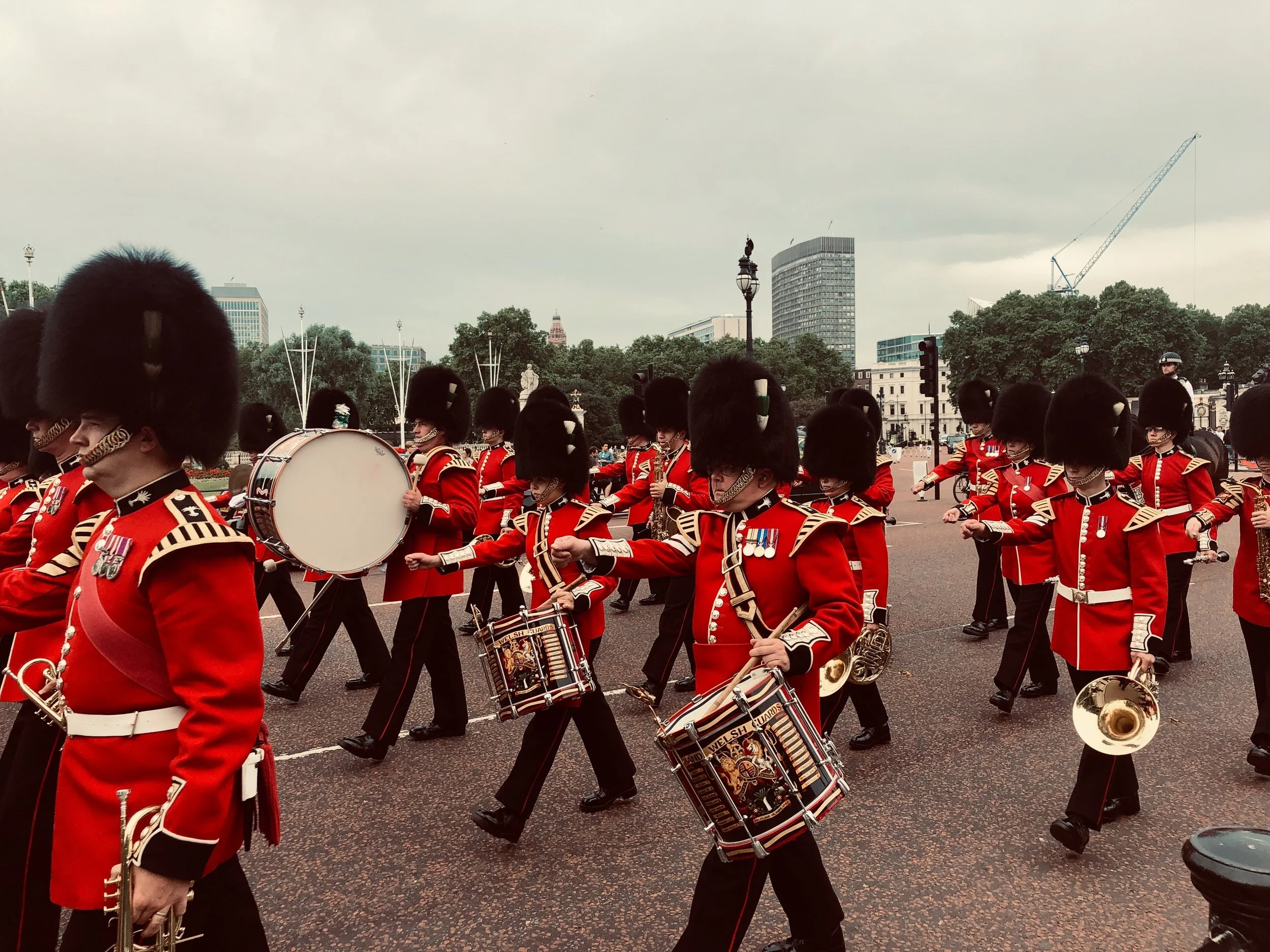
England Travel Guide
If you’re planning a trip and wondering where to go next, let this be your travel guide to England. I’ve explored it many times, and every visit leaves me more impressed by how much this country offers. England often gets bundled together with its neighbors, but it really does deserve its own spotlight. From its historic cities to rolling countryside, there’s a lot to discover. And if you're after variety, you’ll find plenty of things to do in England no matter your style of travel.
What I love most about England is how you can jump from one kind of experience to another in no time. One moment you're standing in front of Big Ben in central London, and a couple of hours later you could be walking a coastal path in Cornwall or hiking in the Lake District. This flexibility makes planning a trip easier, especially if you only have a week or two and want to cover a lot of ground. A good travel guide to England helps you mix it all together without the trip feeling rushed.
Let’s start with London. You’ve probably seen the postcards and films, but experiencing it for yourself is something else. There’s more to it than just the usual sights. Sure, Buckingham Palace and the Tower of London are iconic, but for me, it’s the neighborhoods that really make the city. Walking through Camden or Notting Hill, grabbing food from a market, or catching a live show at a small pub always makes me feel like I’ve stumbled onto something special. Any solid travel guide will tell you that getting lost in these local areas is one of the best things to do in England.
Outside of London, the charm keeps coming. I once stayed in a little village in the Cotswolds where time felt slower, and every pub seemed like it had been around for centuries. You can explore ancient castles, wander through stone cottages, and chat with locals over a pint of real ale. It’s these moments that stick with me the most. If you’re into walking trails, charming market towns, or just taking your time, this part of the country is packed with relaxing and memorable things to do in England.
Then there’s the south coast. I took a trip to Brighton one summer and loved how it balanced quirky shops with a laid-back beach vibe. It’s an easy train ride from London and offers a totally different feel. I spent hours walking the seafront, ducking into record stores and independent cafés, and watching the sunset from the old pier. When people ask me what to include in their travel guide, Brighton always makes the list.
Of course, history is everywhere in England. From Roman ruins in Bath to university towns like Oxford and Cambridge, every region feels like a living museum. But don’t worry if you’re not a history buff. These places aren’t just for looking—they’re full of energy, and you’ll find festivals, food markets, and music events happening all the time. I always tell friends that soaking in this mix of past and present is one of the most rewarding things to do in England.
If you’re building a travel guide for yourself or someone else, don’t overlook how easy it is to get around. Whether you're using trains or renting a car, distances between destinations are short compared to many other countries. This makes it perfect for spontaneous trips and quick changes of plan. You can be spontaneous without sacrificing quality time in each place.
So if you're thinking about your next destination, England might be exactly what you need. It’s full of personality, packed with diverse things to do, and easy to explore. Whether you’re going solo, as a couple, or with friends or family, you’ll come home with stories you didn’t expect and memories that stay with you. Let this be the start of your travel guide to England. It’s a place that feels both familiar and completely new, all in the same trip.

“To walk alone in London is the greatest rest.”
Check out our YouTube Channel for all things England
England Travel Guide
Do I need a visa? And how do I get one?
If you’re from the US, Canada, Australia, or most of Europe, you don’t need a visa for short visits. You can stay up to six months as a tourist. Just show up with your passport and answer a few questions at the border. If you’re from somewhere else, you might need a visa, which you can apply for online through the UK government’s site.
How long can I stay on a visitor visa?
Six months for most visitors. That’s pretty generous. Just don’t overstay or try to work, and you’ll be fine.
What’s the local currency?
You’ll be using British pounds. It’s different from the euro and usually stronger than the US or Canadian dollar. The coins can be a bit confusing at first, but you’ll get the hang of it fast.
Should I exchange money before I go, or use ATMs?
I usually wait and just use ATMs once I land. You’ll get a better rate than currency exchange counters. Just avoid those machines in airports or tourist zones that charge extra fees. Cards are accepted pretty much everywhere, even for tiny purchases.
Do I need any vaccinations?
Nope. Nothing special required for England. As long as your routine vaccinations are current, you’re good. I always double-check before traveling, but I’ve never needed anything extra for the UK.
Is the tap water safe to drink?
Yes, perfectly safe. In fact, in some places it tastes really clean. No need to buy bottled water. I always bring a refillable bottle and fill up wherever I go.
Is the country safe to visit?
Very. England is generally safe and easy to get around. Petty theft like pickpocketing can happen in busy tourist areas, but overall, you won’t have much to worry about. Just use your usual travel smarts and you’ll be fine.
What’s the avg temp by month?
Winter (Dec to Feb) is cold but not extreme, usually between 1 to 8°C. Spring (Mar to May) starts cool and gradually warms up. Summer (Jun to Aug) is mild, often 18 to 25°C. Fall (Sep to Nov) cools down again, with a lot of gray skies. Rain is possible pretty much anytime, so I always pack a light jacket or umbrella, even in summer.
How do I get around (transportation options)?
Public transport is solid. Trains and buses are well connected, especially between cities. In London, the Tube is super easy to use. You can also get around by bus or Uber. If you plan to explore the countryside or small towns, renting a car helps, but be ready for narrow roads and roundabouts. I usually stick to trains when I’m just hitting the cities.
What are the local customs and etiquette regarding tipping?
Tipping is more relaxed than in North America. In restaurants, 10 to 12.5 percent is typical if it’s not already added. You don’t have to tip in pubs. For cabs or casual service, rounding up is fine. People won’t chase you down if you don’t tip, but I usually leave a little something for good service.
What’s the local food like? Can I find vegetarian/vegan options?
British food has come a long way. You’ve got classics like fish and chips, roast dinners, and pies, but cities like London, Manchester, and Brighton have amazing global food scenes. Vegetarian and vegan options are everywhere now. I’ve had some of the best plant-based meals in London—no shortage of choices at all. Even traditional pubs are starting to offer decent meat-free dishes.
Please note rules and regulations change, so always best to double check before you go.




